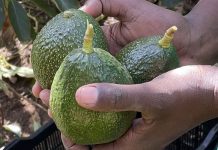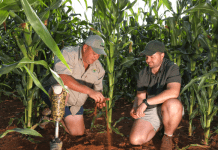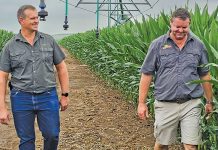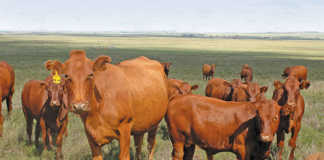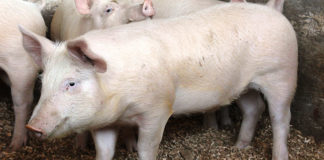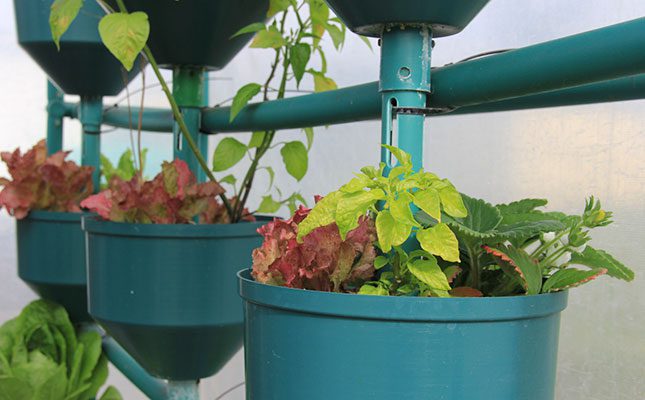
Photo: Marinda Louw Coetzee
One of the event’s highlights was the panel discussion on the State Of The City Food System Report, which revealed significant inequalities affecting access to food and nutrition.
The report examined 15 African cities, including Cape Town, Tamale (Ghana) and Dakar (Senegal), and found that the quality of housing, stability of energy, and accessibility of water and transportation are crucial factors in the food system, impacting nutrition and health outcomes.
“To ensure thriving cities, we must focus on nourishing them well,” said Gareth Haysom, an urban food systems researcher at the African Centre for Cities at the University of Cape Town, who led the panel discussion.
Tea with a farmer
‘Tea with a Farmer’ was a popular event, where attendees could meet and learn from urban farmers. The Oranjezicht City Farm (OZCF) grows fruit, vegetables, and herbs on a 2 000m2 plot in the Cape Town city center. The farm sells produce and compost, rents out allotments to hobby farmers, and regularly holds workshops.
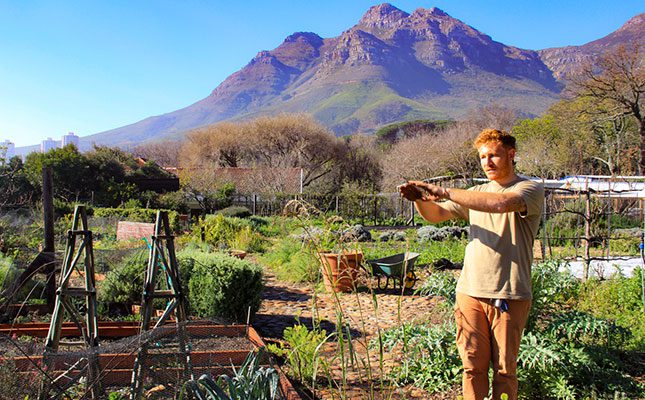
Another urban farm at 16 Lerotholi in Langa produces vegetables and herbs in open fields and small greenhouses, supplying local restaurants.
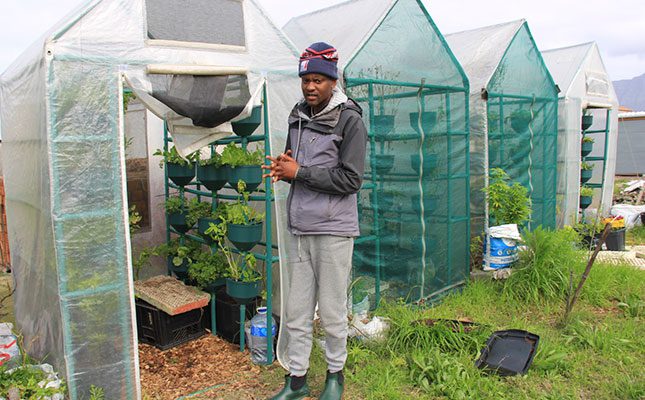
The report highlighted several factors frustrating urban farming efforts. Poor water quality emerged as a significant concern. Despite OZCF’s proximity to a continuous mountain spring, it still awaits permission from the City of Cape Town to use this resource. In Langa, water pollution hampers production.
It further showed a lack of coordination between state and non-state actors as a barrier to urban agriculture’s success. Successful NGO-led urban agriculture projects rely heavily on local government cooperation.
Land tenure security was also identified as a key factor influencing the extent of investment in building soil health and fertility.
The report suggests that because food is not referenced in the city’s ‘non-food’ functions, it is excluded from policy documents that focus on governance, infrastructure, employment, and the economy.


